AARP Hearing Center

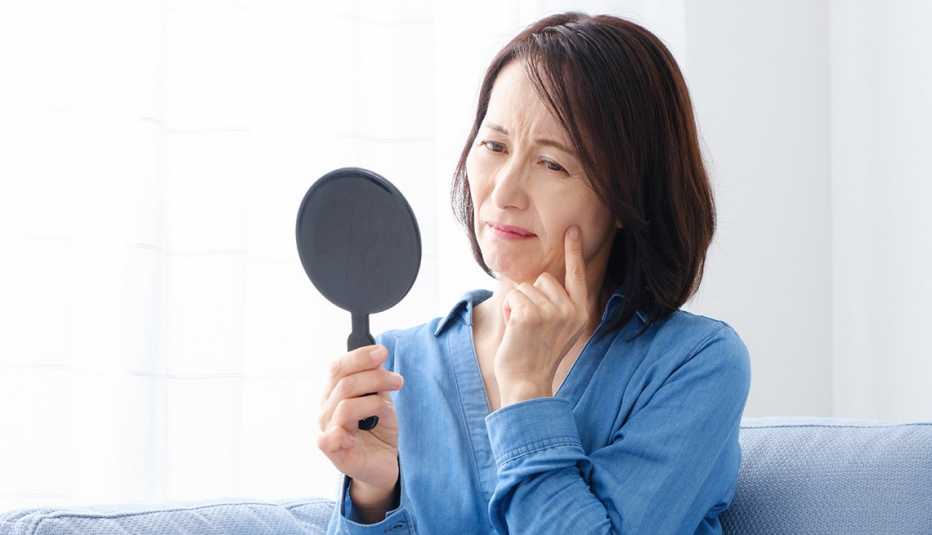
Ready for some serious beauty talk? Along with our usual complexion woes — from forehead wrinkles to rosacea, the last seven months of stress and social distancing have taken their toll on our skin. I interviewed three board-certified dermatologists — Joshua Zeichner, M.D., director of cosmetic and clinical research at Mount Sinai Hospital in New York; Doris Day, M.D., clinical associate professor of dermatology at New York University Langone Health; and Lisa Chipps, M.D., assistant clinical professor at the David Geffen School of Medicine at UCLA — about the biggest concerns of women 50-plus now. Here's their expert advice, topped with my own beauty editor product recommendations, to make the solutions easy for you to follow.

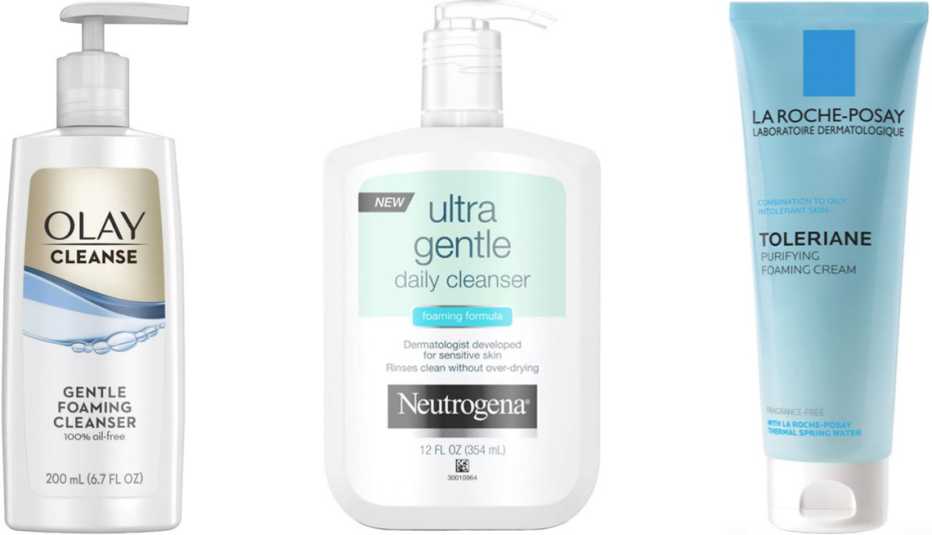
1. 'Maskne’
Even women who embrace aging with a shrug and a smile find the complexion-bashing effects of daily mask-wearing annoying. The combo of friction plus trapped heat and moisture make noses, cheeks and chins targets for red spots and irritation. “This is not acne, it's a new situation,” says Zeichner. “Cloth masks are softer and less irritating than disposables, but just like makeup brushes and sponges they harbor bacteria unless frequently washed. I tell patients to double cleanse. Wash your face with a gentle foaming cleanser before putting on the cloth mask and wash your face again when you remove it for good at the end of the day ... then wash your mask, too.” Day agrees. “Disposable masks often contain fibers that can irritate sensitive skin,” she says. “Cloth masks — washed often and rotated — are a better choice, especially if you wear one for hours at a time at work, shopping, during dinner out or when traveling.” Try: Olay Cleanse Gentle Foaming Cleanser ($6, target.com), Neutrogena Ultra Gentle Daily Foaming Facial Cleanser ($8, target.com) or La Roche-Posay Toleriane Purifying Foaming Cream ($24, cvs.com).
2. Grungy-looking skin
Facial skin can look dirty, gritty or clogged if you get lazy or fearful of irritation and skip exfoliation. Blackheads and enlarged pores cancel out whatever topical do-gooders and makeup we apply. Zeichner says, “These are especially noticeable in the center nose to chin panel. As collagen decreases and skin sags, pores stretch and become blocked with dead cells and oil. Opt for ‘exfoliation light’ by using a very gentle scrub cleanser once a week. Manual exfoliation is easier to control than a chemical exfoliant like glycolic acid. You can determine the right level of pressure and sloughing and stop if and when necessary. Be patient. Clear, clean healthy-looking skin at 50 is a marathon, not a sprint.” Try: No7 Radiant Results Revitalizing Daily Face Polish ($9, walgreens.com), St. Ives Gentle Smoothing Oatmeal Scrub and Mask ($4, walgreens.com) or Cetaphil Extra Gentle Daily Scrub ($10, walgreens.com).






























































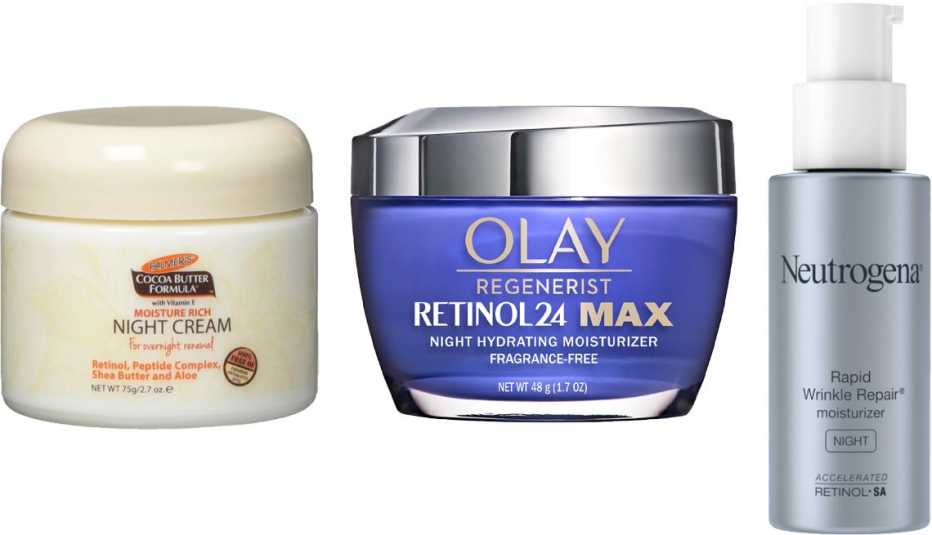
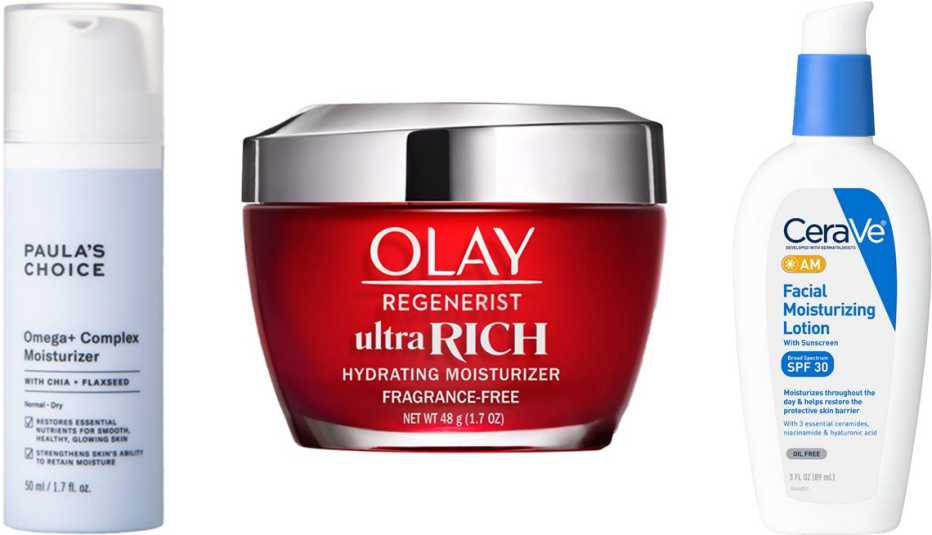
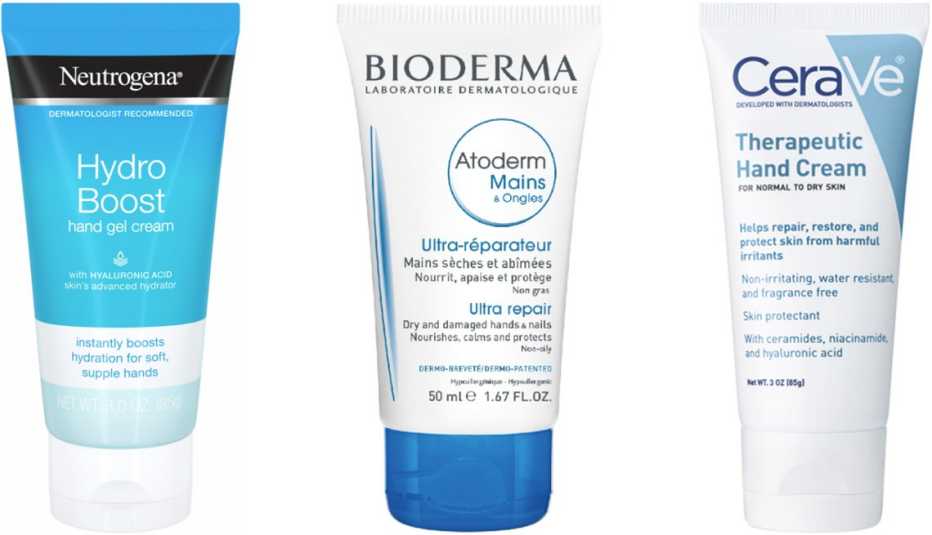
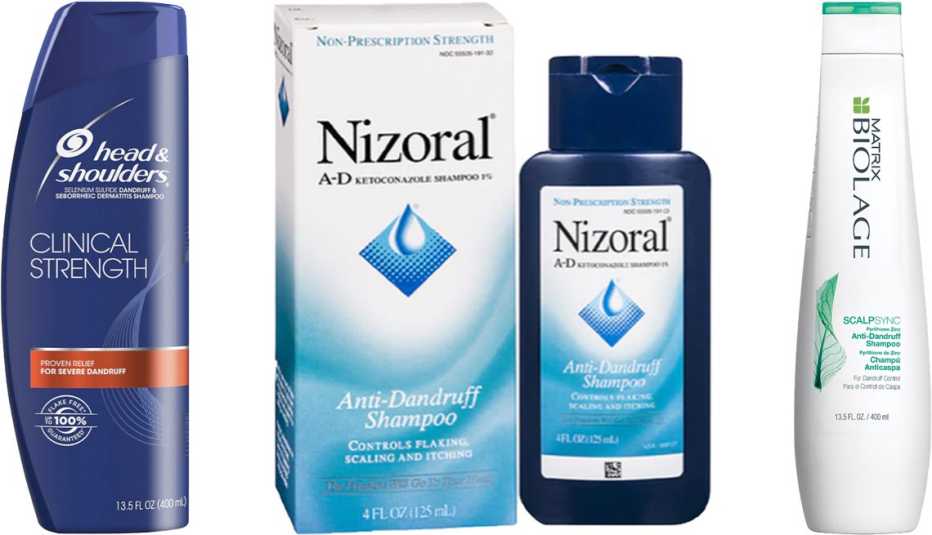

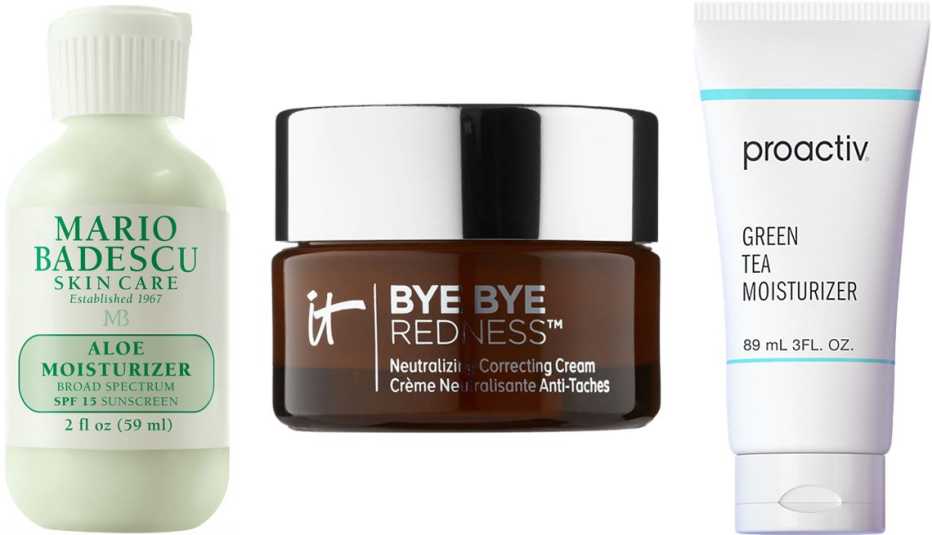



More on entertainment
11 Ways to Get Healthier-Looking Skin Fast
Easy tips to plump, boost and repair your complexion
Look Fresh-Faced With This Stay-at-Home Skin-Care Routine
Don't let stress make your complexion a mess
10 Top At-Home Beauty Treatments
DIY spalike services to refresh your looks in the safety of your home
Recommended for You